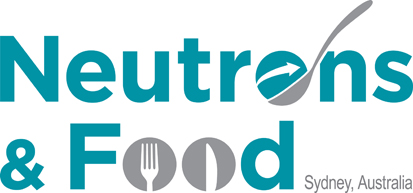When designing new food products for the market-place, it is of increasing importance to understand the relationships between the structural and functional properties of food constituents and implications on their processing, nutritional, physiological and sensory behaviour. The creation of novel functionalities of ingredients in complex food systems requires knowledge of not only the structure of native agricultural materials but also the changes in their structure across a wide range of length and time scales brought about by food processing. It is the inherent complexity of modern food systems that calls for interdisciplinary scientific approaches to be applied.
In addition, there are significant challenges in the food arena that transcend national borders arising from increasing food demand governed by a growing population, rapidly changing food preferences, increasing demand for healthier food to combat disease and to improve diet, higher standards of food quality associated with economic development, concerns of the impact of agriculture on the environment, and the effect of climate change.
To explore the opportunity neutron scattering techniques offer, the Neutrons and Food conference started in 2010. The conference has been held every two years since with attendees showcasing how neutron scattering techniques have been used and, often, in concert with other complementary measurement methods including X-ray and light scattering. In 2018, the conference returns to Sydney.
With neutron scattering remaining at its core, we also wish to extend and showcase nuclear-based techniques more broadly and how they are increasingly being used. Such examples include neutron activation analysis and isotopic fingerprinting techniques to combat food fraud.
The conference welcomes participants and contributions from the wide community of food science and product development, food packaging, and nutrition, as well as exponents as nuclear-based methods including scattering. In particular we intend to have a mixture of talks from food scientists and technologists with problems where scattering methods may be applicable, as well as talks from those already using scattering and other nuclear-based methods. We also anticipate the opportunity for one-on-one discussions to provide advice on specific problems as well as pre-conference presentations on what some of the techniques have to offer the food science community.
As always, the primary goal is to bring together the community of food scientists and materials scientists to address the most significant challenges in food.
We look forward to welcoming you (back) to Sydney.
Elliot Gilbert
Chair, Neutrons and Food 5

